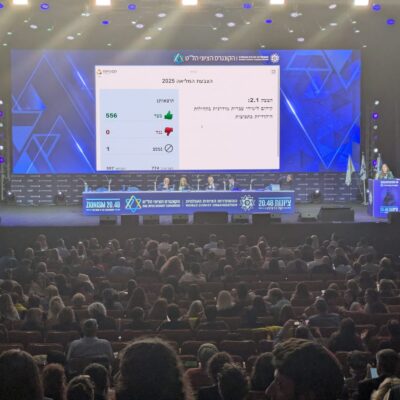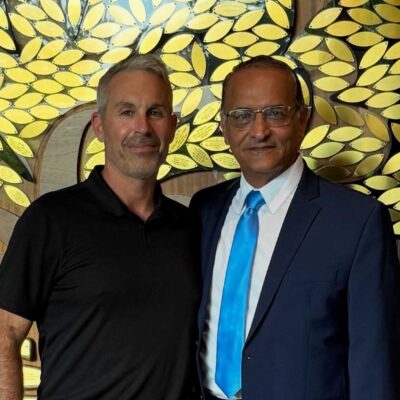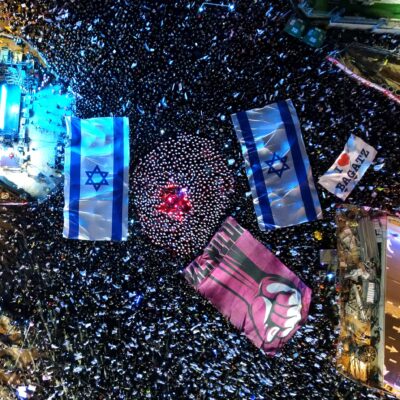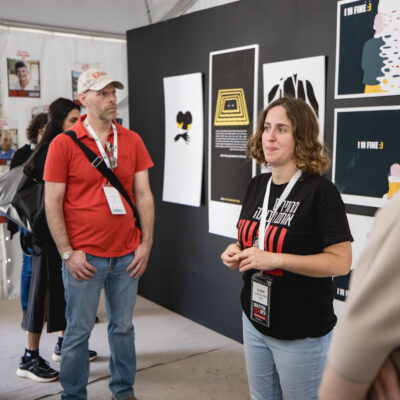Opinion
Why it’s time to Strengthen Jewish Community Relations

By David Brown and David Bernstein
In light of the dizzying array of controversies experienced by the Jewish community, most recently the flack over anti-Semitism among leaders of the Women’s March, we are more convinced than ever that the Jewish community must strengthen its community relations capacity.
Last year, the Jewish Federations of North America (JFNA) and the Jewish Council for Public Affairs (JCPA) formed a “Blue Ribbon Task Force on Community Relations.” This high level lay-professional group set out to examine the field of Jewish community relations and their national network hub the JCPA to determine what areas need to be strengthened in order to face the challenges of the day.
The Jewish community relations field advances the values and interests of American Jewry in the public arena by supporting Israel, combating anti-Semitism, and promoting a just American society. Its primary modus operandi is building connections with other religious and ethnic groups, public officials and key segments of civic society.
Three decades ago, at a time of perceived Jewish security, few thought we would ever require a strategic discussion about expanding the community relations enterprise. In the early 1990s, a number of Jewish federated communities cut back their community relations work. This was, after all, a “post-historical” moment for American Jews, as it was for the broader American society. The cold war had ended. America was at the pinnacle of its power and prestige. Soviet Jews were set free. Israel was on the verge of peace with the Arab world. Anti-Semitism was at a historical low. Our primary challenges, it seemed, required the Jewish community to turn inward. With a crisis in Jewish continuity, relations with the outside world seemed like a luxury item.
This is hardly the case today. Fast forward three decades, the Jewish community lives in familiar historical dynamics, facing external threats both old and new. These challenges include:
- Increase in anti-Semitism – and acquiescence to it – across the political spectrum, and the need to navigate intersectional discourse in progressive circles.
- Escalation of efforts to delegitimize Israel and calls to weaken U.S.-Israel ties from both the far left and the isolationist right
- Growth and increasing political engagement of ethnic and religious groups such as Latinos, Asian Americans, and Evangelical Christians
- Transition to a younger generation of leaders both in the Jewish community and general public with very different perspectives and priorities
- Highly polarized political discourse and strains on America’s social fabric, including within the Jewish community itself
The Blue Ribbon Task Force held a series of interviews with thought leaders in the Jewish world and conducted surveys of Jewish Federations and JCRCs. After great deliberation, we came away with an unmistakable conclusion: the Jewish community must dramatically increase both its external and internal social capital.
Externally, we need significantly more and better relationships with non-Jewish leaders in other faith and ethnic communities, civic organizations and government. We need, for example, to make sure we know all the top Latino leaders at the national and local levels. We need to be able to make common cause with these groups when our interests intersect and be in a position to share our own communal narrative with them. The importance of having such relationships in place was underscored in the aftermath of the mass shooting at the Tree of Life synagogue, when faith and ethnic leaders showed up in droves at Jewish solidarity gatherings. In the face of other threats, some not as tangible and heartrending as a synagogue shooting, we will need to have our friends in place.
Internally, we must develop new ways to bring together Jews with different political views. In the past, the goal was to achieve consensus on key issues. Consensus is great when possible. But in today’s rancorous environment, we need to undertake efforts that mediate differences and cultivate a semblance of unity amid our diversity. We can and should be a model for the rest of society in our civility, not in our acrimony.
In facing both the external and internal challenges, the network of 125 JCRCs and their national hub have much to offer. But they require the personnel, training, skills in new areas (such as social media engagement) and financial resources to rise to the challenge. The Blue Ribbon Taskforce laid out a series of recommended steps to help get the system there. Our hope is to generate a national conversation within the federation system on the value of this work and the ways it can be elevated. And from this conversation we hope will come action from the Jewish Federation and philanthropic world, leading to an augmented capacity to build bridges to the partners of the future.
David Brown, a long-standing Jewish lay leader from Chicago, is chair of the Blue Ribbon Task Force on Community Relations.
David Bernstein is President and CEO of the Jewish Council for Public Affairs.

 Add EJP on Google
Add EJP on Google









